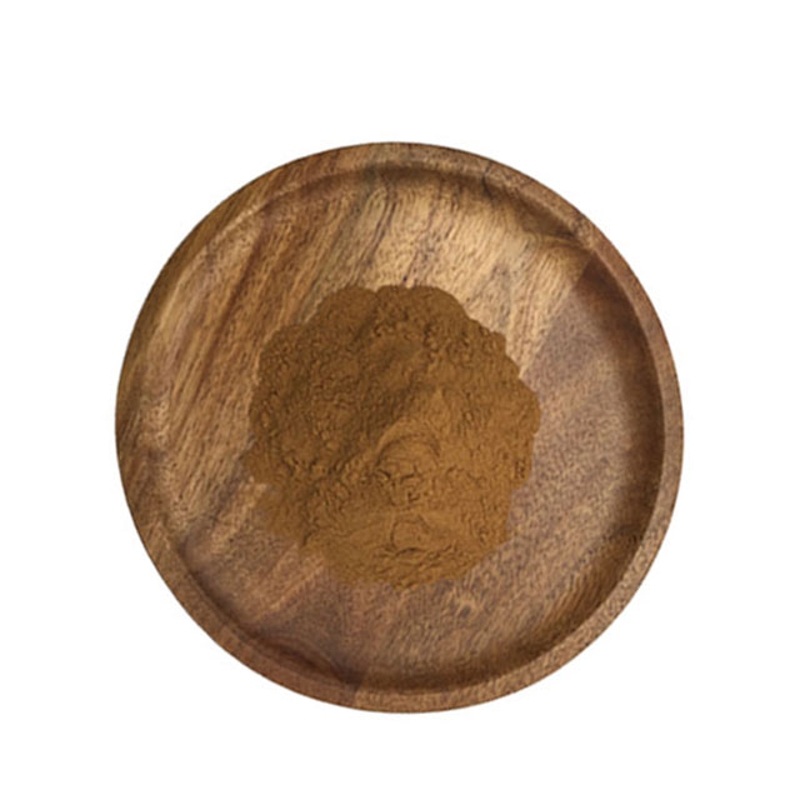-
Categories
-
Pharmaceutical Intermediates
-
Active Pharmaceutical Ingredients
-
Food Additives
- Industrial Coatings
- Agrochemicals
- Dyes and Pigments
- Surfactant
- Flavors and Fragrances
- Chemical Reagents
- Catalyst and Auxiliary
- Natural Products
- Inorganic Chemistry
-
Organic Chemistry
-
Biochemical Engineering
- Analytical Chemistry
- Cosmetic Ingredient
-
Pharmaceutical Intermediates
Promotion
ECHEMI Mall
Wholesale
Weekly Price
Exhibition
News
-
Trade Service
The pathogenesis of intestinal colic in infants is not yet clear.
intestinal microbiome appears to be involved in supporting the potential therapeutic effects of probiotics.
recently, a randomized controlled trial (RCT) assessed the average daily crying time decreased by ≥50 percent after 28 days of intervention using the probiotic animal Bifidobacteria subtyle lactobacillus BB®
study included 80 exclusively breastfed bowel-twisted infants with no other systemic diseases, randomly assigned to receive BB-12 (1×109 CFU/day) or a placebo for 28 days (40/group).
assessed the structure of the gut microbiome and levels of butyrate, β-defensin-2 (HBD-2), cathelicidin (LL-37), secretion IgA (sIgA) and fecal calcium protein.
results were daily crying, sleep time, detoceptation, and stool consistency.
showed that babies treated with BB-12 had a higher rate of ≥50 percent reduction in daily crying time from the second weekend.
after the treatment was stopped, no baby relapsed.
the average number of crying sessions decreased in both groups, but the BB-12 groups were more effective (-4.7 ± 3.4 vs -2.3 ±2.2, P-lt;0.05).
the average number of daily stools decreased in both groups, but the effect of BB-12 groups was significantly higher;
BBB-12 group of Bifidobacteria abundance (significantly associated with reduced crying time), butyrate and HBD-2, LL-37, sIgA levels increased, and fecal calcium protein levels decreased.
, the results show that supplementation with BB-12 is effective in controlling intestinal colic in infants.
effect may be associated with immune and non-immune mechanisms associated with regulating the structure and function of the gut microbiome.
。







